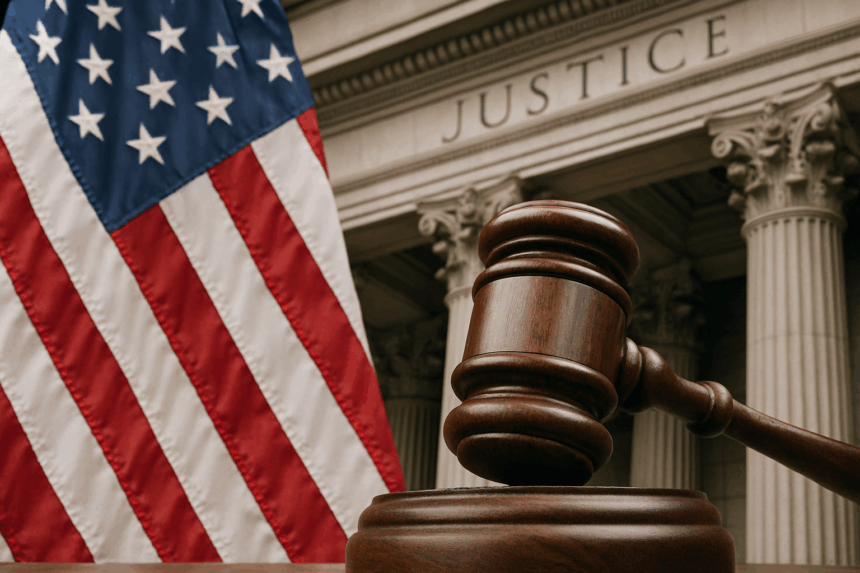President Donald Trump’s sweeping tariffs face a significant setback after a U.S. federal court blocks most of his import duties. The court’s decision challenges Trump’s use of emergency powers to impose tariffs, impacting trade, businesses, and consumers alike. This ruling could reshape U.S. trade policies and bring relief to many small firms struggling with increased costs. Meanwhile, the administration quickly appeals, leaving the outcome uncertain.
What’s Happening & Why This Matters
A federal panel at the U.S. Court of International Trade in Manhattan ruled that Trump exceeded his authority when he imposed tariffs under the International Emergency Economic Powers Act (IEEPA). These tariffs include a 30% tax on Chinese goods and a 25% tax on certain imports from Mexico and Canada, as well as a 10% universal tariff on most goods entering the U.S.
The court issues a permanent injunction against these tariffs, ordering the administration to halt enforcement within ten days. The ruling does not affect tariffs on autos, steel, and aluminum, which are governed by a different law. If upheld on appeal or by the Supreme Court, this decision could eliminate many of the broad tariffs that are causing economic strain.
Stock futures surge after the ruling. The Dow jumps nearly 500 points, with the S&P 500 and Nasdaq also seeing strong gains, signaling investor optimism about easing trade tensions.
The case stems from a lawsuit filed by the Liberty Justice Center and several small businesses, which claim that the tariffs have harmed their operations. The court’s unanimous decision also responds to a parallel lawsuit by twelve Democratic-led states.
Legal experts and economists note that the ruling challenges the administration’s claim of a national emergency, which it used to justify tariffs without congressional approval. The judges clarify that IEEPA does not explicitly grant the president tariff-imposing powers.
“This opinion rejects the entire system of tariffs imposed under IEEPA as unlawful,” says Ilya Somin, law professor at George Mason University and plaintiff’s lawyer. “It’s a clear check on executive overreach.”
The administration’s response is defiant. White House officials argue that courts should not interfere with national emergency decisions. Stephen Miller, White House deputy chief of staff, called the ruling a “judicial coup” on social media.
Economists believe the ruling could ease pressure on small and medium-sized businesses. Joe Brusuelas, chief economist at RSM US, points out that these firms lack the financial cushion to absorb tariffs long term.
Lead attorney Jeffrey Schwab calls the case “crucial” for protecting economic interests and limiting presidential power. He stresses that tariffs cannot be imposed unilaterally without constitutional authority.
The Department of Justice contends that tariff decisions are political and beyond judicial review. However, the court finds no legal basis for tariffs under IEEPA, as it does not mention tariffs as a permissible action.
This ruling may pave the way for the Supreme Court to resolve the constitutional limits of executive power in trade policy.
TF Summary: What’s Next
The court’s decision may serve as a turning point in U.S. trade policy, questioning the president’s authority to impose wide-ranging tariffs through emergency powers. Businesses, especially small and medium ones, could find relief if the injunction stands. However, the Trump administration’s immediate appeal keeps the issue alive, suggesting a prolonged legal battle ahead. The Supreme Court may eventually provide a definitive ruling on the scope of presidential trade powers.
— Text-to-Speech (TTS) provided by gspeech


